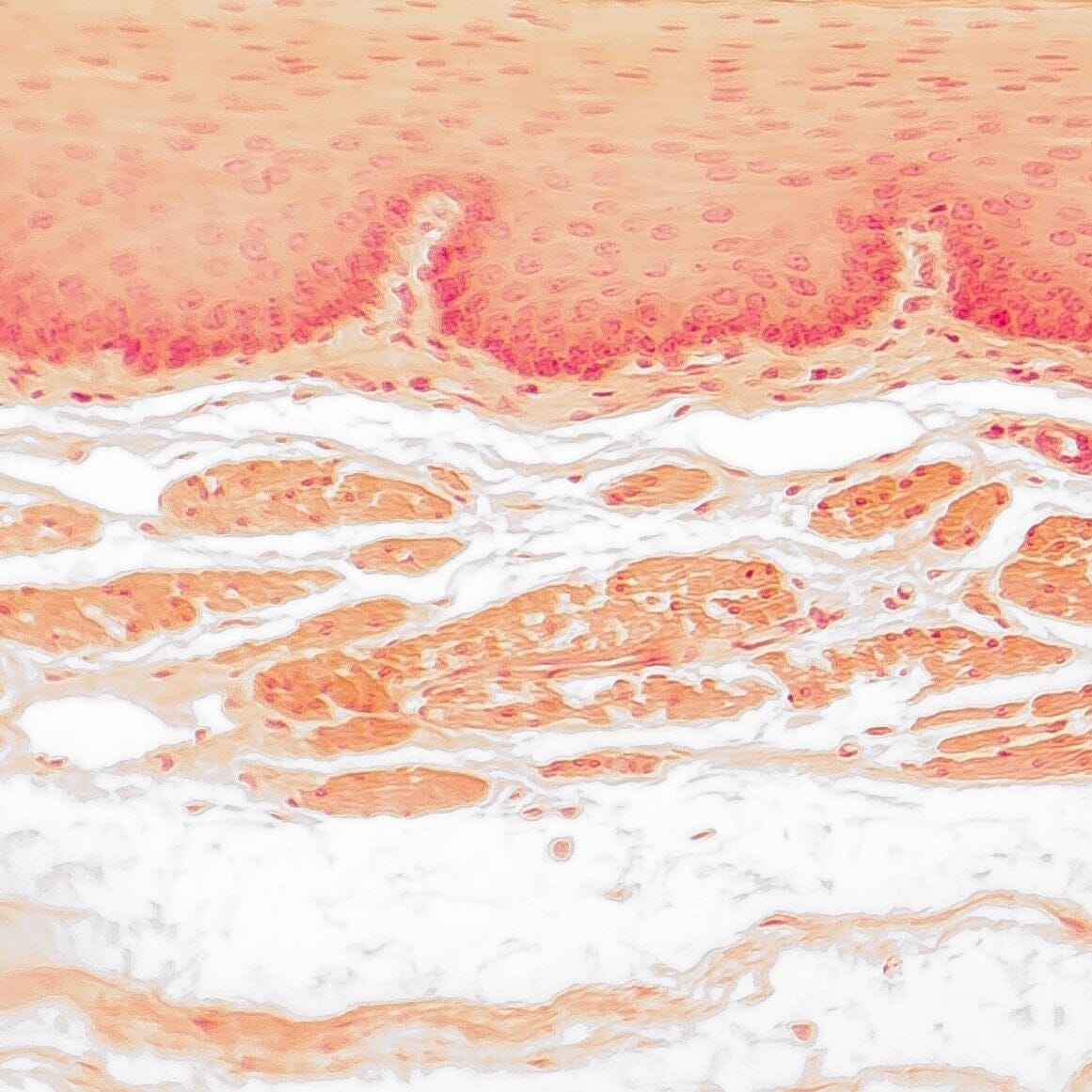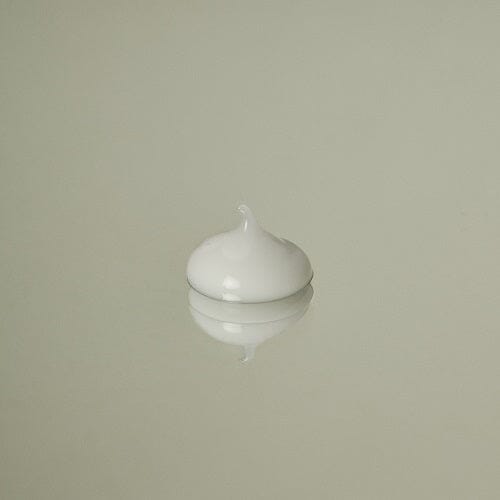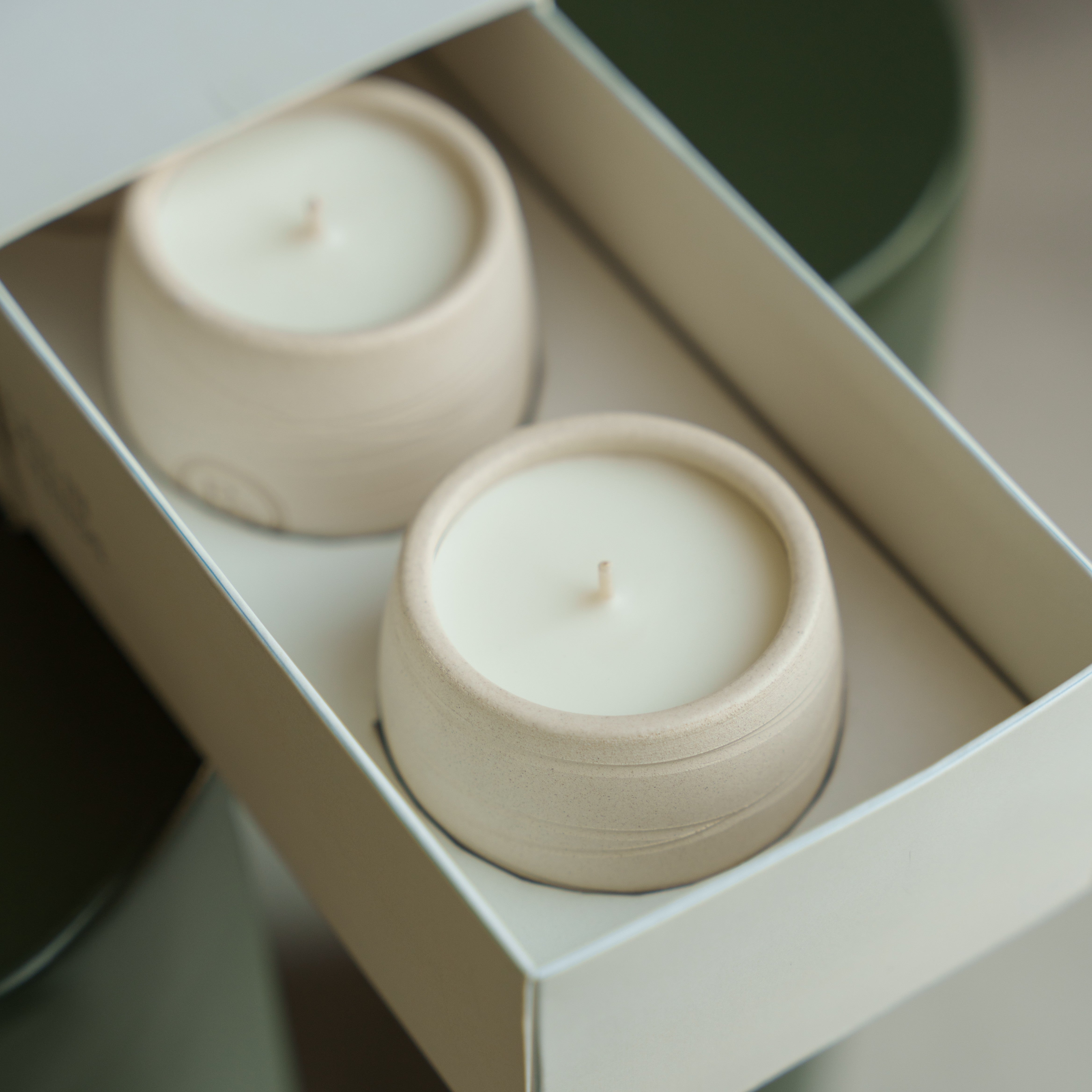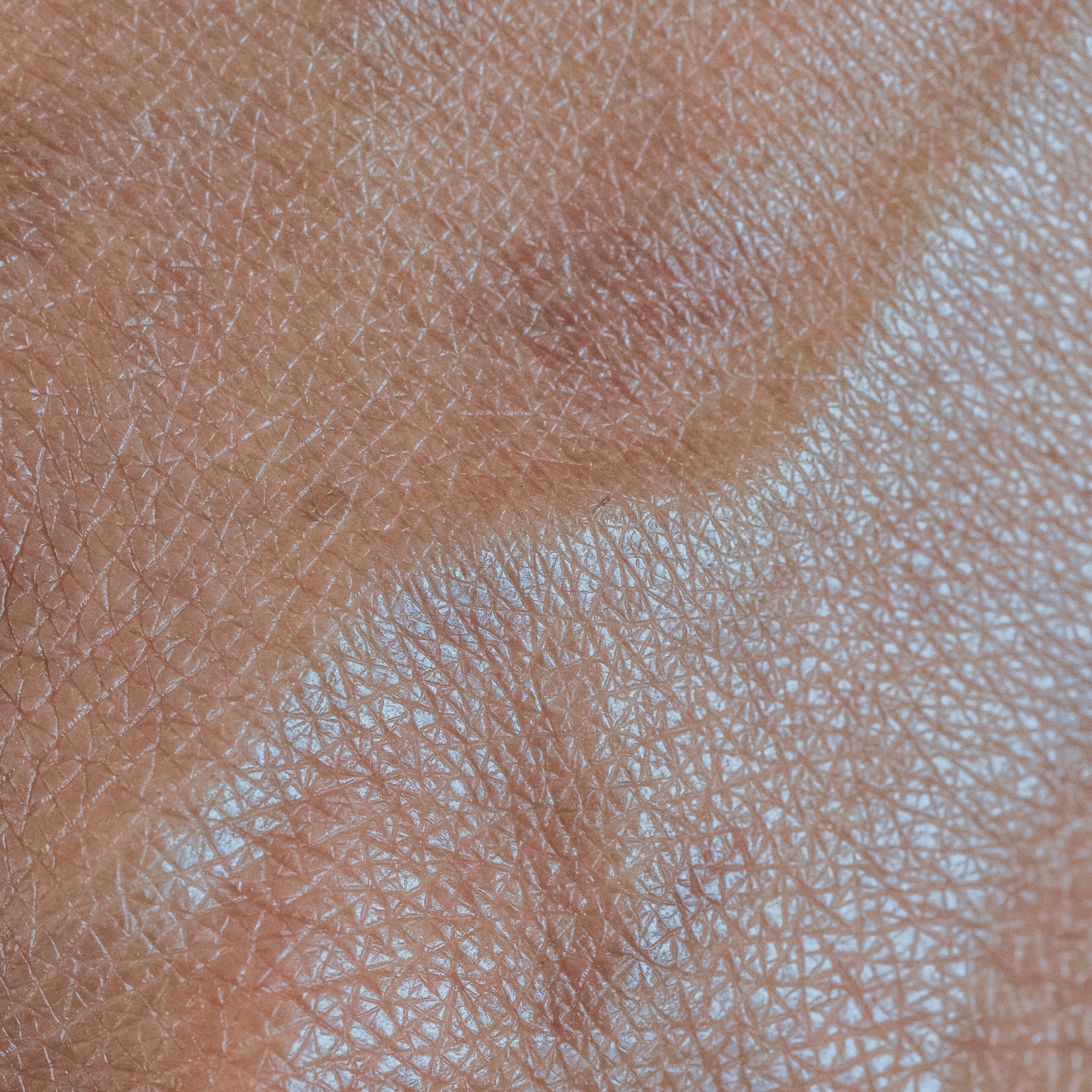The 3 layers of the skin
·

·
You may not be aware that skin is the body's largest organ. It has a number of important functions, including
- Providing a barrier against disease.
- Helping to regulate body temperature.
- Giving us our sense of touch, and other sensory information.
The skin is made up of three layers:
- Epidermis, the top layer.
- Dermis, the middle layer.
- Hypodermis, the bottom or fatty layer, which may also be referred to as subcutaneous tissue.
The epidermis
- Acts as a protective barrier which keeps bacteria and germs from entering your body and bloodstream and causing infections.
- Protects against rain, sun and other elements.
- Makes new skin. The epidermis continually makes new skin cells which replace about 40,000 old skin cells that your body sheds every day.
The dermis
- Makes up 90% of the skin's thickness.
- Has collagen and elastin. Collagen is a protein that makes skin cells strong and resilient. Elastin keeps skin flexible.
- Grows hair. The roots of hair follicles attach to the dermis.
- Gives you your sense of touch. Nerves in the dermis tell you when something is too hot, itchy or super soft. These nerve receptors also help you feel pain.
- Makes oil. Oil glands in the dermis help keep the skin soft and smooth. Oil also prevents your skin from absorbing too much water when you swim or get caught in a storm.
- Produces sweat. Sweat glands in the dermis release sweat through skin pores. Sweat helps regulate your body temperature.
- Supplies blood. Blood vessels in the dermis provide nutrients to the epidermis, keeping the skin's layers healthy.
The hypodermis
- Cushions muscles and bones. Fat in the hypodermis protects muscles and bones from injuries if you fall or are in an accident.
- Has connective tissue. This tissue connects layers of skin to muscles and bones.
- Helps the nerves and blood vessels. Nerves and blood vessels in the dermis get larger in the hypodermis, and branch out to connect the hypodermis to the rest of the body.
- Regulates body temperature. Fat in the hypodermis helps to keep you from getting too cold or hot.
You can see that the skin has many important functions, and that it's important to our overall good health to keep the skin as healthy as possible.
Sources:
1. Skin. https://my.clevelandclinic.org/health/articles/10978-skin Accessed September 26, 2022.
2. Brannon HL. Skin layers and their functions. https://www.verywellhealth.com/skin-anatomy-
1068880 Accessed September 26, 2022.



